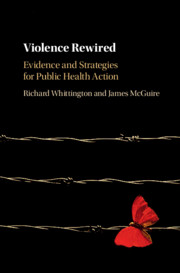Introduction and Overview
Published online by Cambridge University Press: 13 March 2020
Summary
Consider the following question. What would be likely to happen if a group of humans was returned to a ‘state of nature’, divested of the elaborate mechanisms of control that we assume restrain our impulses in everyday civilised life? Many people would probably expect that the likeliest result would be a breakdown of order and a resurgence of primeval self-interest, with increasing aggression, possibly spiralling into violence. This is the theme of William Golding’s dystopian novel Lord of the Flies, published in 1954. It is the imagined story of a group of British schoolboys shipwrecked onto a remote oceanic island. While they initially agree a set of rules for communal living, their behaviour soon deteriorates. Factions emerge, and hostilities erupt, followed by ghastly murderous violence. The book became a worldwide best-seller and was later turned into a stage play and several film versions. It was placed on reading lists in schools and colleges in many countries. The story appears to confirm what many people assume: that once the veneer of socialised conduct is stripped away, human beings naturally resort to ‘the law of the jungle’ based on evolutionary survival strategies.
Information
- Type
- Chapter
- Information
- Violence RewiredEvidence and Strategies for Public Health Action, pp. 1 - 12Publisher: Cambridge University PressPrint publication year: 2020
